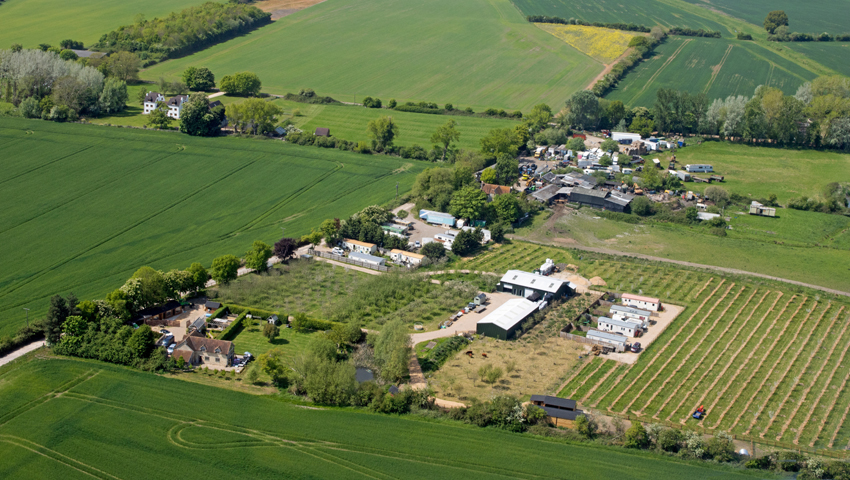SUSTAIN is urging people to respond to a new government consultation into proposed changes to certain permitted development rights that allow agricultural diversification and development on agricultural units and also calls for evidence on nature-based solutions, farm efficiency projects and farm diversification.
Sustain says “There are just 8 weeks to make the case for major changes to agriculture so that growing food will be environmentally sustainable and viable.”
The stated intention of the draft proposals is “to support the agricultural sector by providing further flexibilities to farmers to undertake works on their agricultural units and enable farm diversification without having to submit a planning application”.
Some of the proposals follow from the Prime Minister’s ‘farm to fork’ summit in May 2023
Sustain, collectively, and Sustain alliance members individually have researched farm businesses in recent months and concluded that:
- More ambition is needed to help farmers bring back nature and tackle climate change while producing food sustainably
- Farmers and horticultural growers see food hubs and food partnerships as critical to building local networks and collaboration but need to be allowed to invest in local infrastructure, carry out processing, storage, packing, distribution, and selling capabilities, either on site or shared in a local area
- Agroecological farming at the edge of cities should be part of a green economic recovery but one of the key challenges to developing localised food systems is finding and accessing land
- A new generation of farmers and growers are looking for suitable sites to meet increased demand for healthy, ecological and culturally-appropriate foods
The consultation identifies a raft of developments which could be allowed without scrutiny in future such as to:
- Give farmers greater freedom to change the use of their existing buildings to residential use
- Enable the change of use of other rural buildings to residential
- Providing greater flexibilities around the change of use of existing agricultural buildings to commercial uses
- Allow for landowners to use agricultural buildings and land for outdoor sports, recreation or fitness uses
- Allow agricultural buildings to change use to general industrial, limited to only allow the processing of raw goods produced on the site and which are to be sold on the site, excluding livestock
- To allow other flexible commercial uses that would support the rural economy
- On units greater than 5 hectares, increase the size limits of new buildings and extensions that can already be erected under the rights (but not works or structures for accommodating livestock or any plant or machinery arising from engineering operations); an
- On agricultural land of less than 5 hectares, amend the right to allow for larger extensions by increasing both the cubic content and the ground area limit.
The second part of the consultation is on behalf of DEFRA relating to planning or other issues associated with:
- Nature-based solutions such as ponds, wetlands, reservoirs
- Farm efficiency projects which improve the use of resources on farms, specifically slurry stores and reservoirs for crop irrigation
- Diversification of farm incomes beyond what is already covered by permitted development rights.
Sustain says that consultation questions consider short and long term impacts on the environment and local communities. They are asking for specific case studies to help understand what issues farmers and land managers are facing in relation to nature-based solutions; and for success stories.
Significantly, for peri-urban farms and small farms run by new entrants, they ask whether there would be different solutions for different sized agricultural units.
Sustain urges anyone interested in sustainable food and farming to respond to this consultation. In particular, to consider any unintended consequences – for example, will more conversions of buildings to housing make rural housing affordable for those working on the land.
